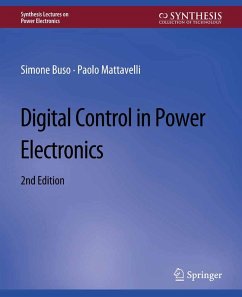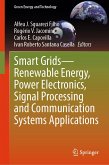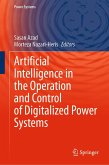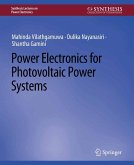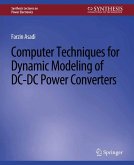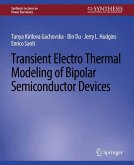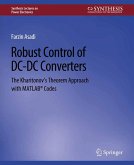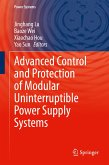This book presents the reader, whether an electrical engineering student in power electronics or a design engineer, a selection of power converter control problems and their basic digital solutions, based on the most widespread digital control techniques. The presentation is primarily focused on different applications of the same power converter topology, the half-bridge voltage source inverter, considered both in its single- and three-phase implementation. This is chosen as the test case because, besides being simple and well known, it allows the discussion of a significant spectrum of the most frequently encountered digital control applications in power electronics, from digital pulse width modulation (DPWM) and space vector modulation (SVM), to inverter output current and voltage control, ending with the relatively more complex VSI applications related to the so called smart-grid scenario. This book aims to serve two purposes: (1) to give a basic, introductory knowledge of the digital control techniques applied to power converters; and (2) to raise the interest for discrete time control theory, stimulating new developments in its application to switching power converters.
Dieser Download kann aus rechtlichen Gründen nur mit Rechnungsadresse in A, B, BG, CY, CZ, D, DK, EW, E, FIN, F, GR, HR, H, IRL, I, LT, L, LR, M, NL, PL, P, R, S, SLO, SK ausgeliefert werden.

